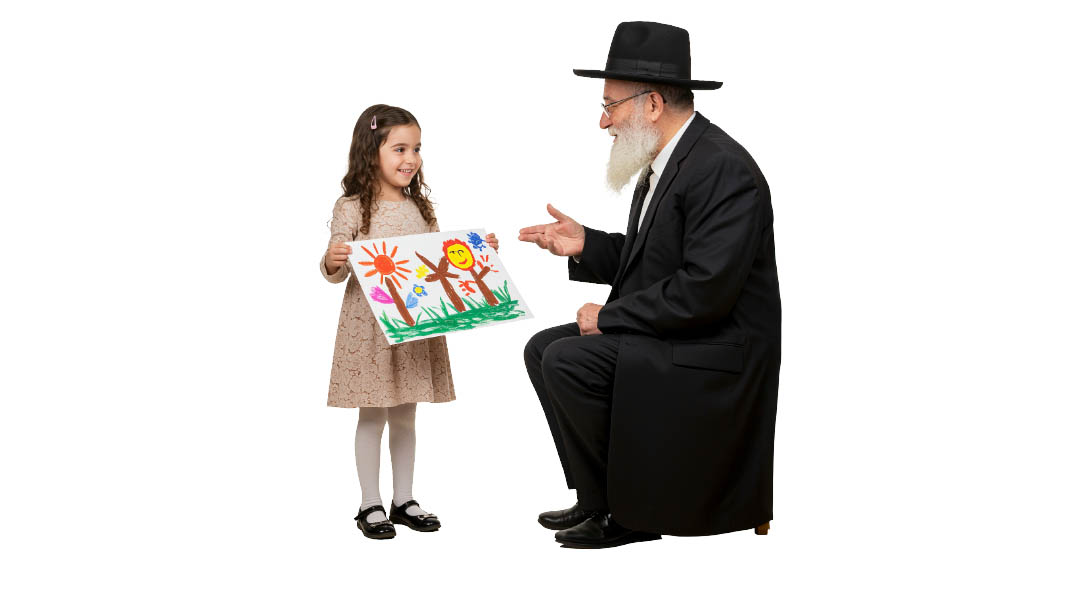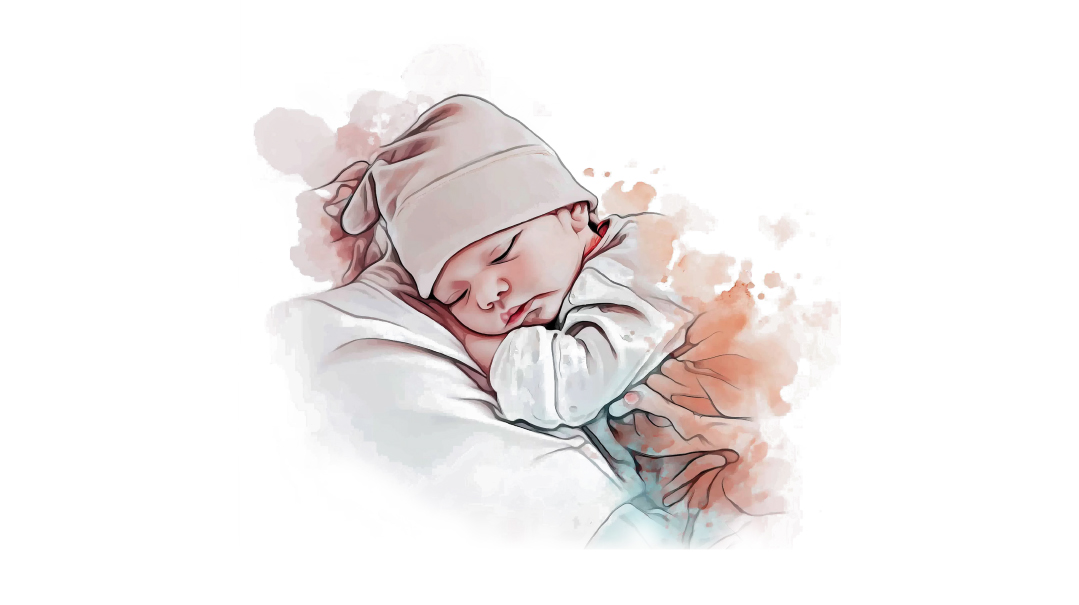Closure
| June 8, 2021I could handle comments that lacked tact, brains, or both. This I couldn’t

Last sheva brachos, the coatroom had way more wools than downs. Tonight, downs are the clear majority. What does that say about their side and our side?
I know, I know, the coatroom is a peculiar place to spend my younger sister’s sheva brachos. And tonight, I’d really tried to stay at the table. Only Hashem knows how hard I tried.
I’d managed to smile brightly as the how-old-is-your-baby exchange went on all around me, and when my sister’s new grandmother gave me a mazel tov hug and said, “You just got married yourself, didn’t you?” (Anyone who doesn’t have children yet must have just gotten married, you understand. Obviously.)
I faked a chuckle and said, “Sure feels like yesterday.” I can’t say that was perfectly honest, though; I often feel like a century has passed since I was a happy and carefree newlywed. But sometimes, a girl’s gotta do what a girl’s gotta do, mipnei hashalom and all that.
Then, when one of the guests announced that she doesn’t know a soul who doesn’t own a Citi Mini stroller, I had to fill my mouth with challah to avoid blurting out that shockingly enough, I did possess a soul, though not a Citi Mini.
Feeling very pleased with how strong I was being, I mentally awarded myself three TC (tactless comment) points in the contest I was having with my husband. What would I ask for if I won tonight’s round? A chocolate bar? Iced coffee?
But truthfully, all these encounters, though not pleasant, weren’t the ones that really hurt. Comments like this came from what we called the CIs (clueless innocents), those hapless individuals who sometimes lacked tact, sometimes brains, and sometimes both. And sometimes neither. Even smart, sensitive people can unwittingly hit a nerve if they’re unaware of the pain the other person is in.
Oops! We could not locate your form.







